The dehydrated snow fungus slow-cooked with Asian pear, goji berries, date and rock sugar. Because of the collagen content in snow fungus, this dessert often associated with nourishing and replenish the skin. Hence, it often calls the ‘poor man’s bird nest’.
From traditional Chinese food culture point of view, as Bin Wang mentioned earlier about 药 (medicine) 食 (food) 同 (same) 源 (source), is a common philosophy about how we treat food and medicine as the same things.
In Traditional Chinese Medicine, we believe it is better to prevent illness by eating appropriate food that is more suited to one's body type and for a specific time and season. This approach is call 药 (Medicine) 膳 (food) 养 (maintain) 生 (life) (the theory to improve health condition and prevent illness by incorporating ingredients with medicinal properties in meals.
From the Traditional Chinese Medicine point of view, there is not a dominant ingredient. An ingredient is rarely be eat on its own but as part of a formula containing several ingredients that act together to achieve a Yin and Yang balanced and harmonious state of a healthy body.
This approach to finding balance is the core Chinese philosophy of the Five Elements Theory, which describe interactions and relationships between things in the universe. The five elements are metal, wood, water fire and earth. The five elements are the mutual-generation cycle or the mutual-restriction cycle.
This Five Elements Theory also manifests in the food we eat. We classify different ingredients as to whether they are neutral, cold, cool, warm or hot and whether it tastes sour, bitter, sweet, salty, and sour and pungent. All these different properties have a different effect on various organs.
Traditional Chinese Medicine uses many common foods as medicine, taking into account both the nature and flavour of food to achieve the medicinal purposes.
Mushroom/fungi are considered Yin food. Yin foods tend to cool, add moisture, and decrease the body's heat. As foods such as the Snow fungus, it is a tonic herb for Yin Deficiency. Yin tonics have a moist nature that can nourish the Kidneys and Liver or moisten the Lungs and Stomach.
As mention earlier, it is often used in soup such as the sweet dessert soup with Asian pear. With a gelatinous structure, it is typically food that would rejuvenate the skin.
Generally, we treat fungi as delicious ingredients with medicinal values, quint-essentially an excellent example of the theory of 药 (medicine) 食 (food) 同 (same) 源 (source); Food and medicine as the same things.
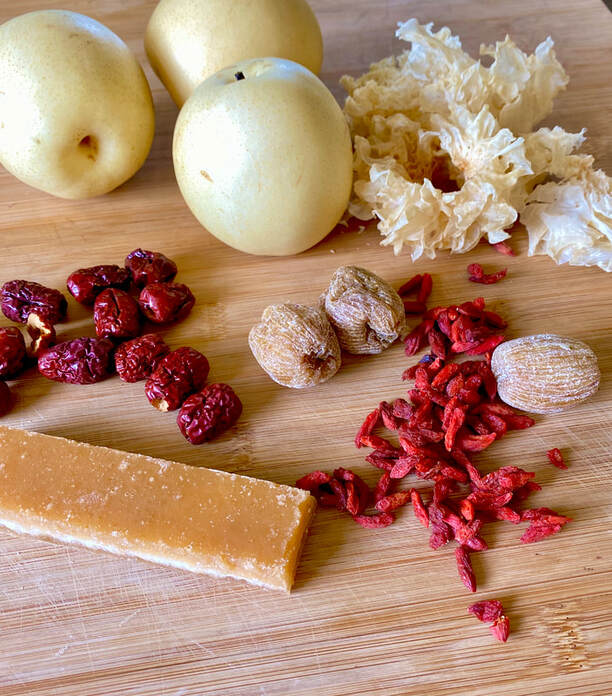
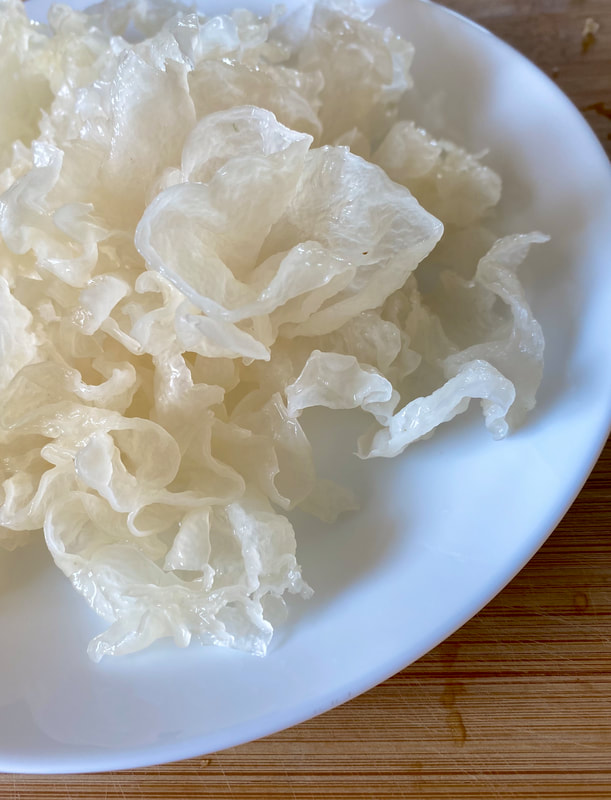
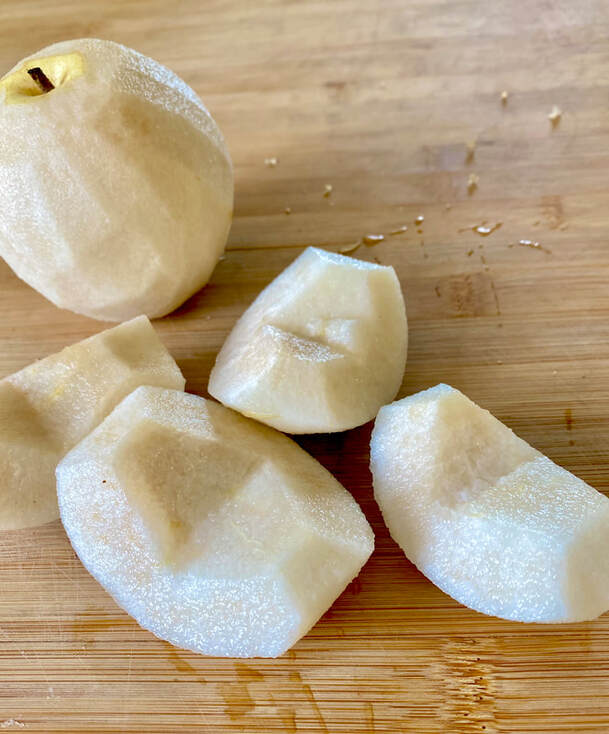
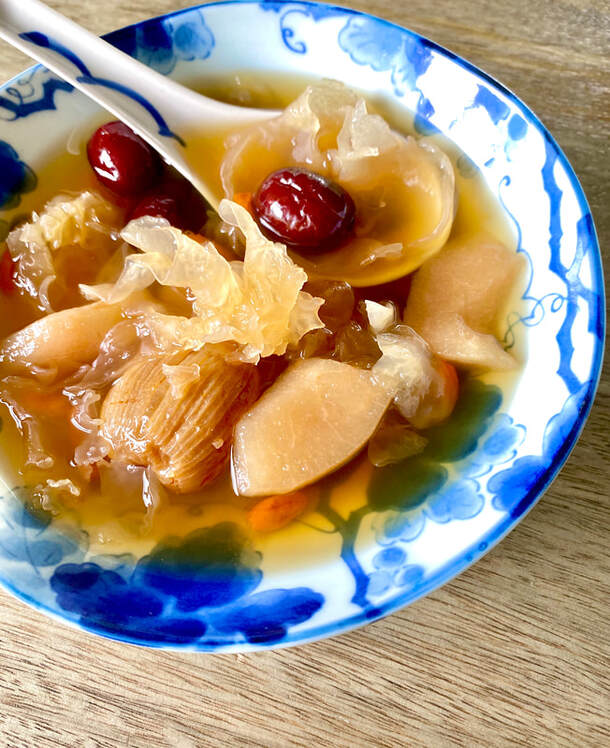
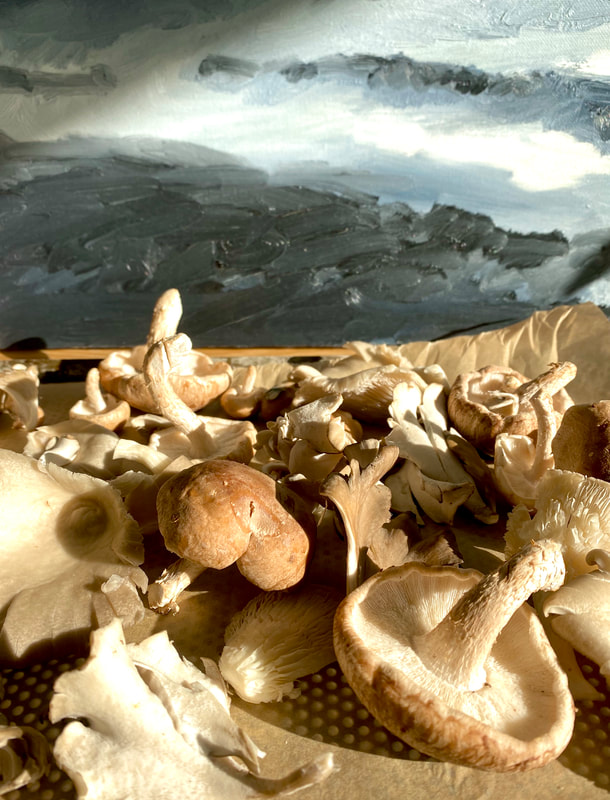
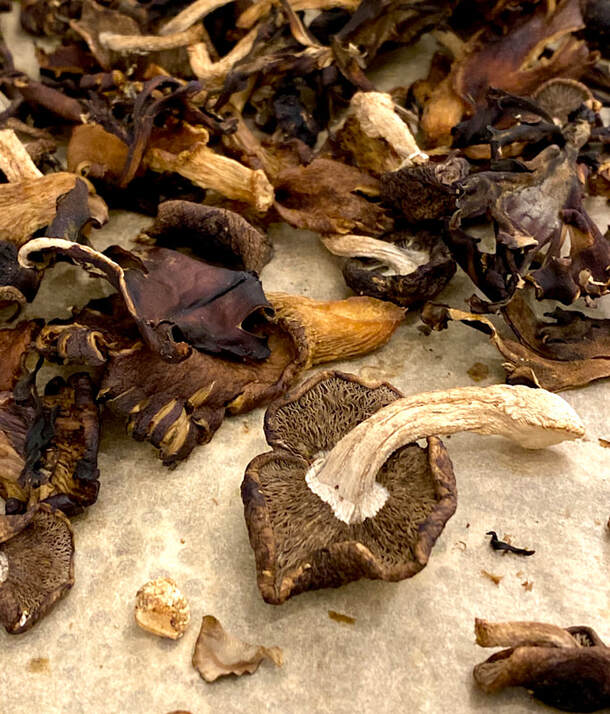
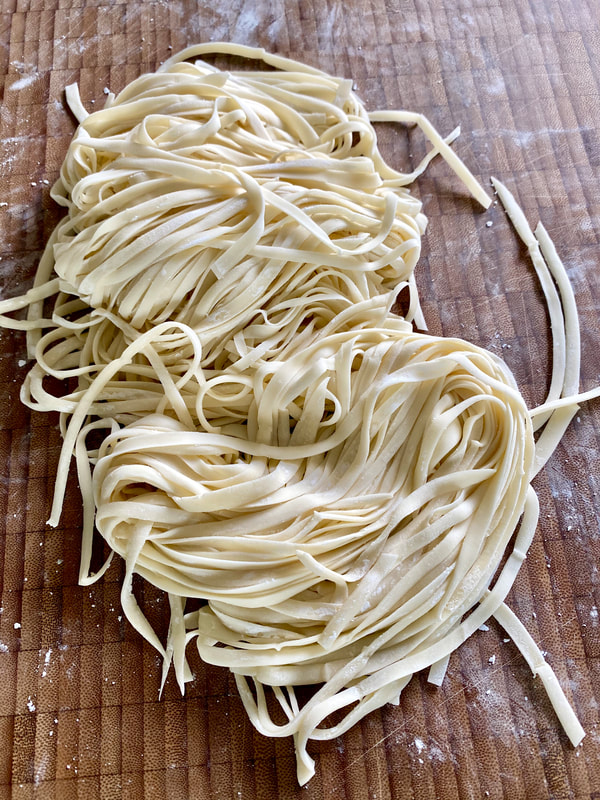
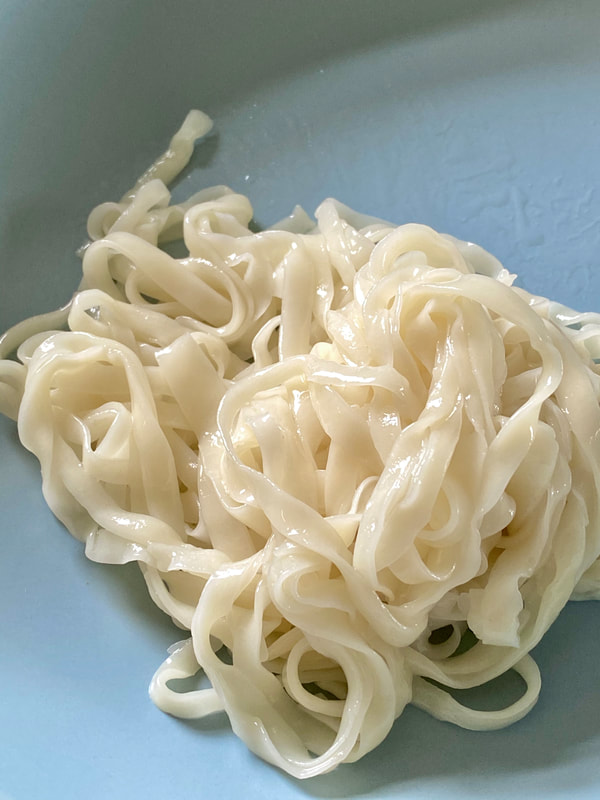
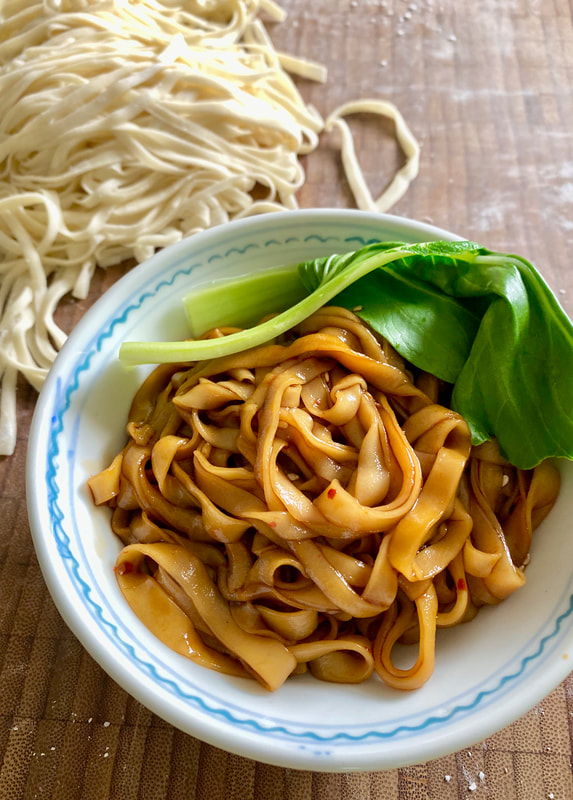
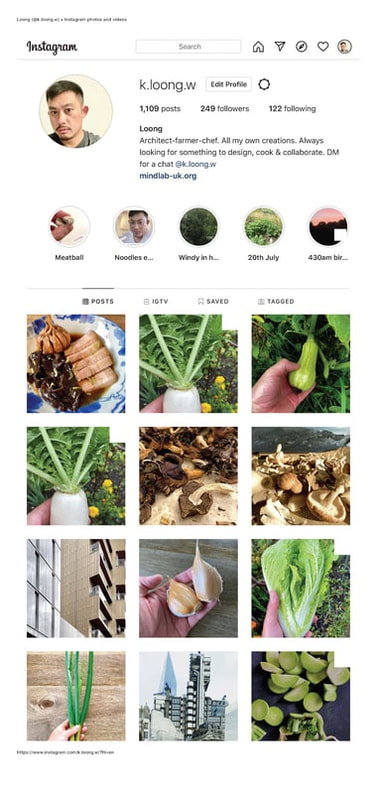
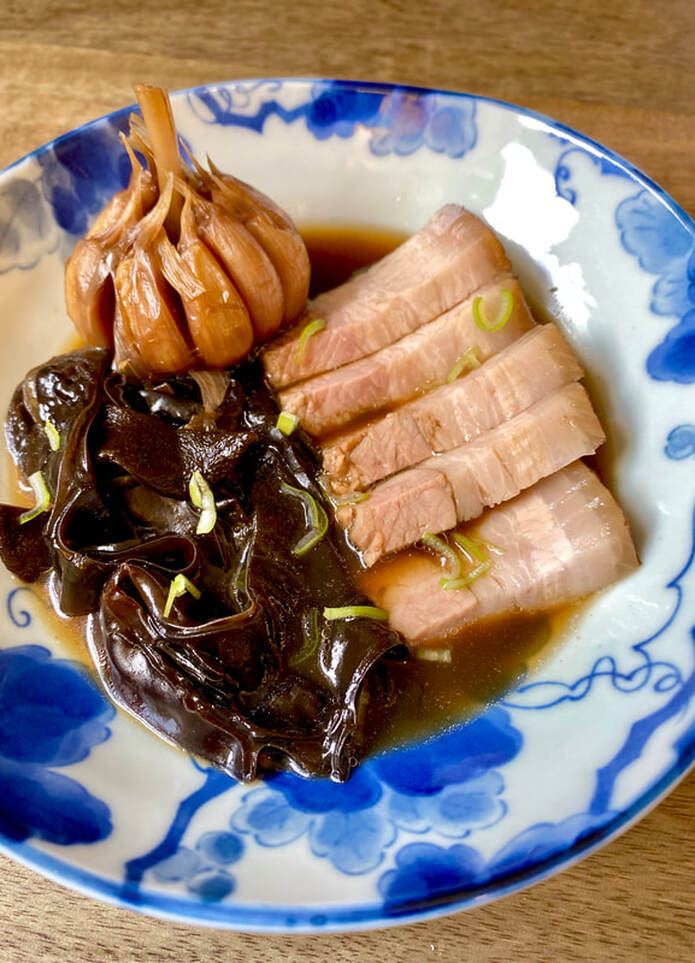
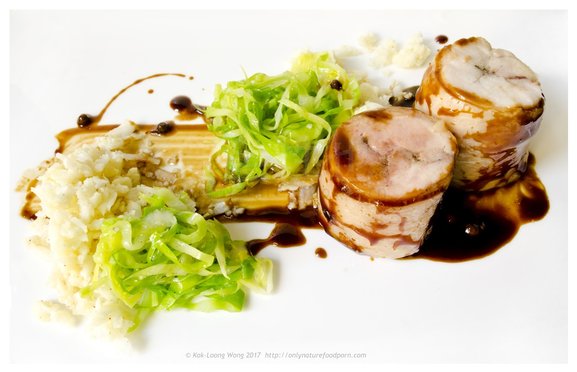
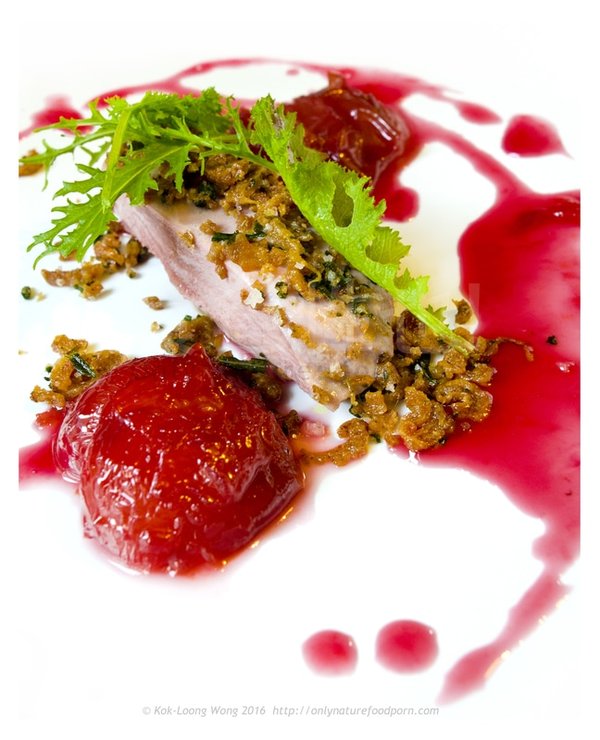
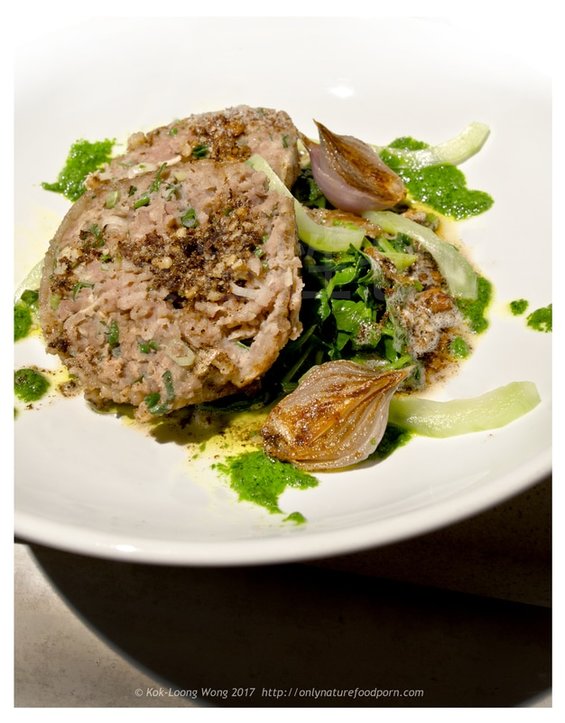
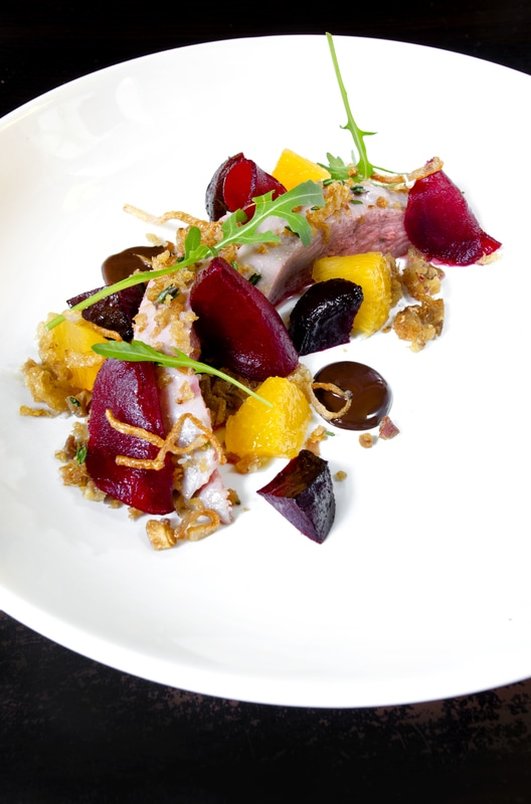
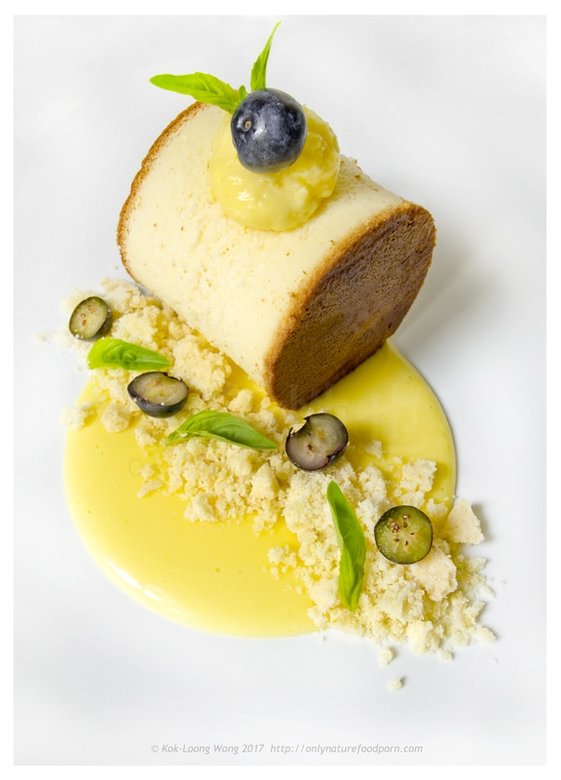
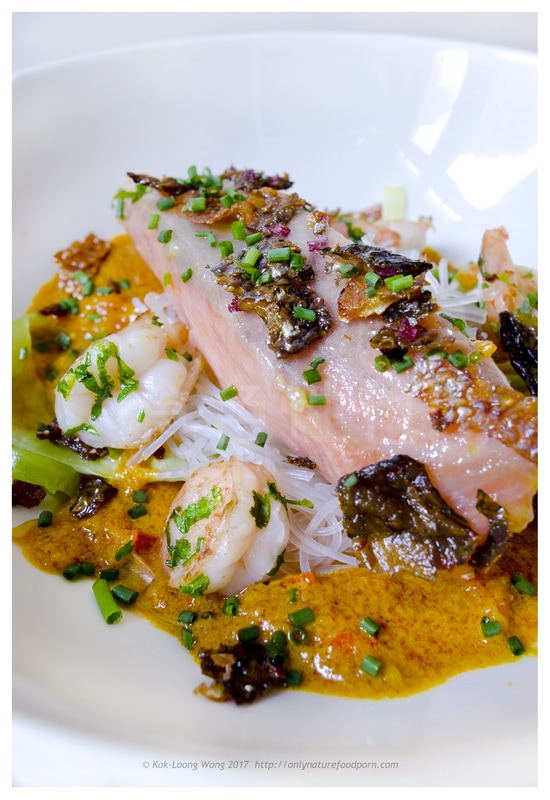
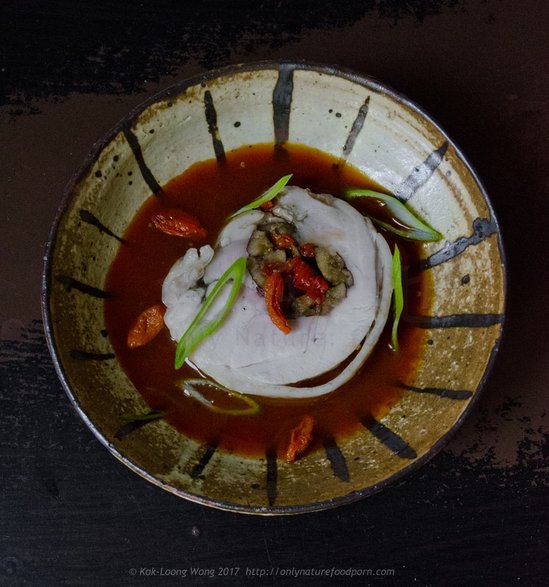
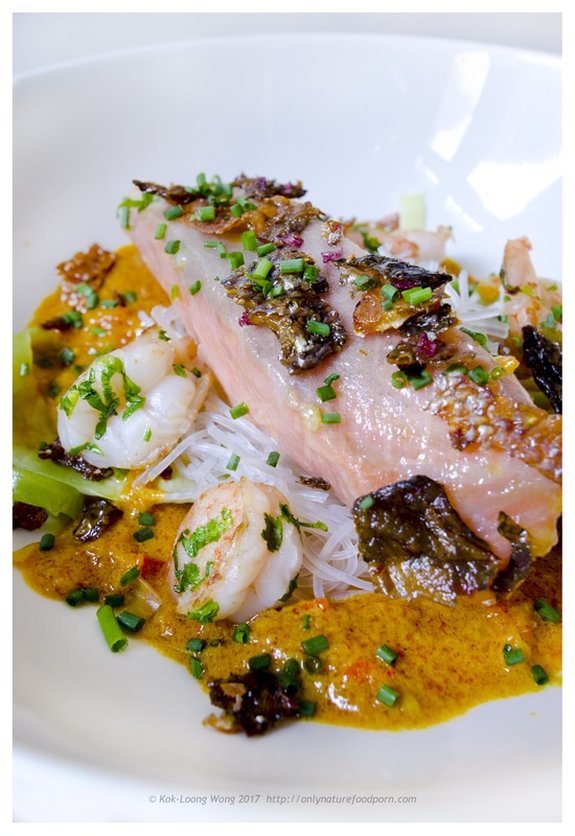
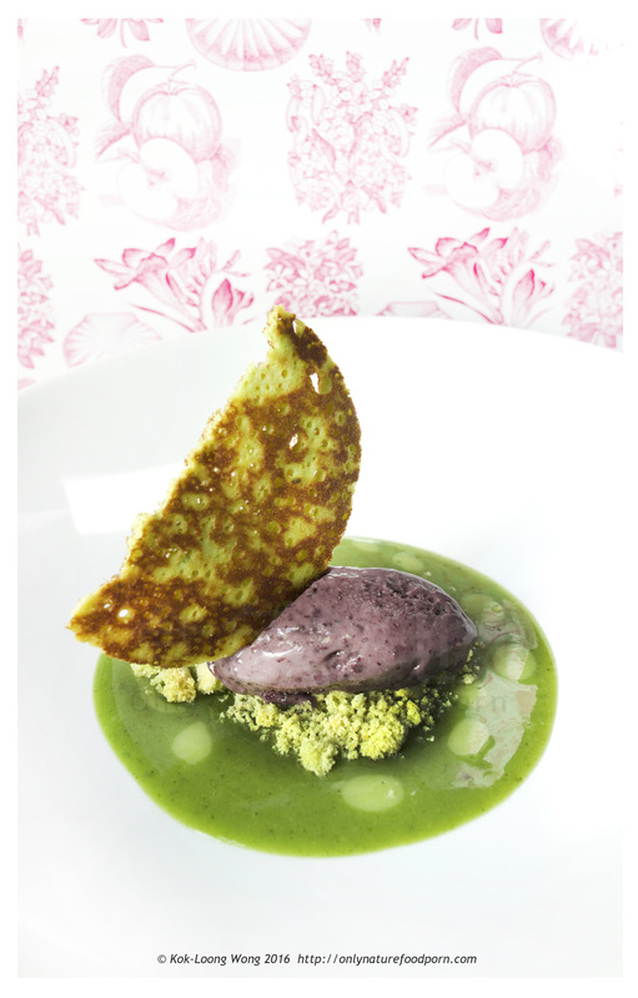
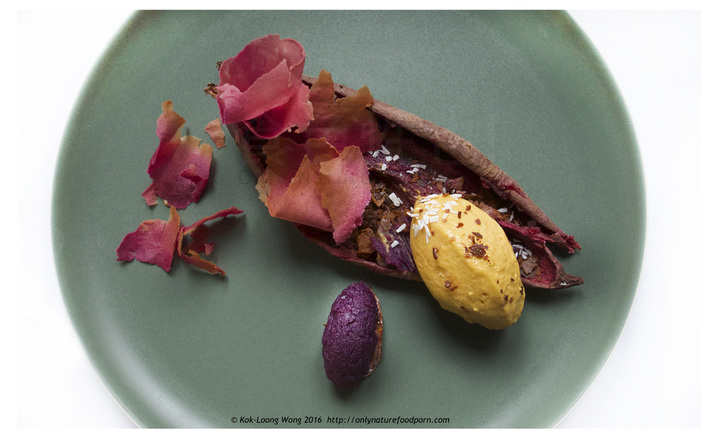
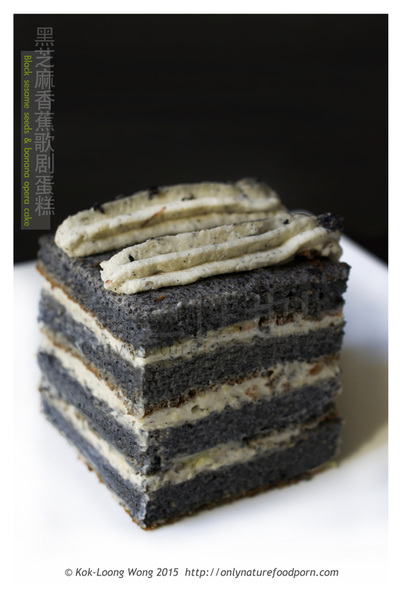
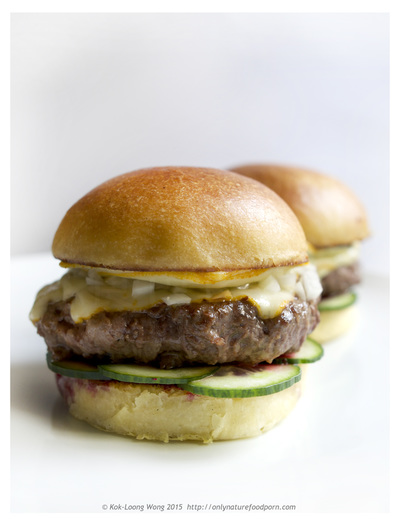
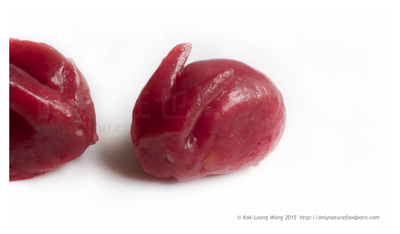
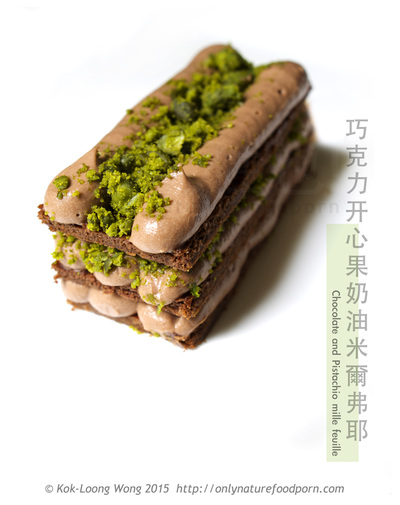
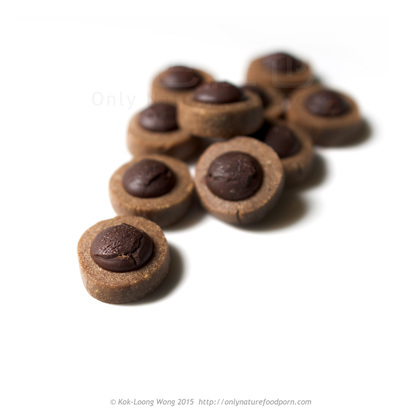
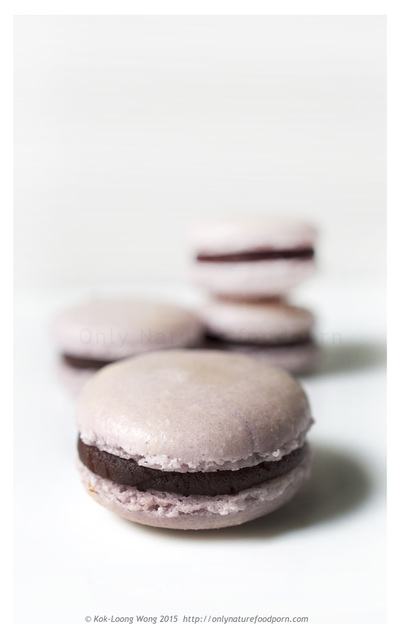
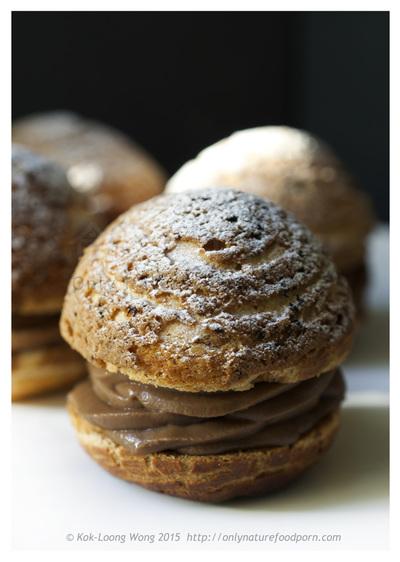
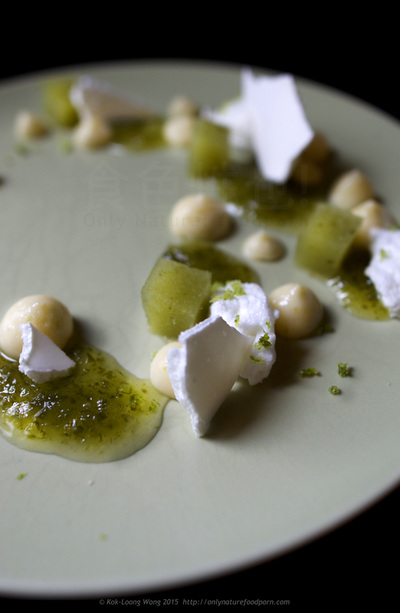
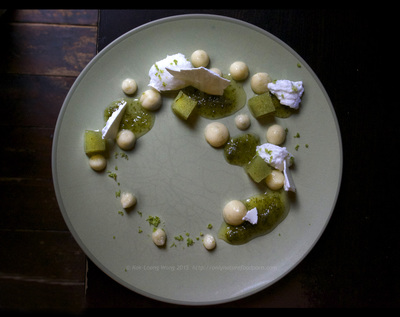
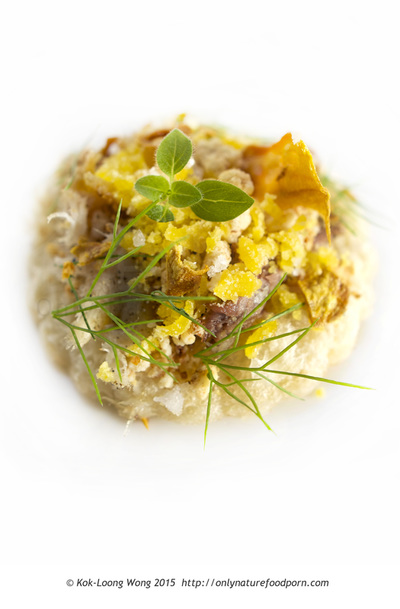
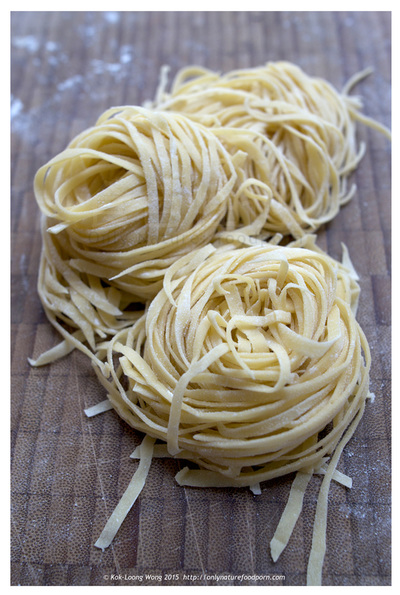
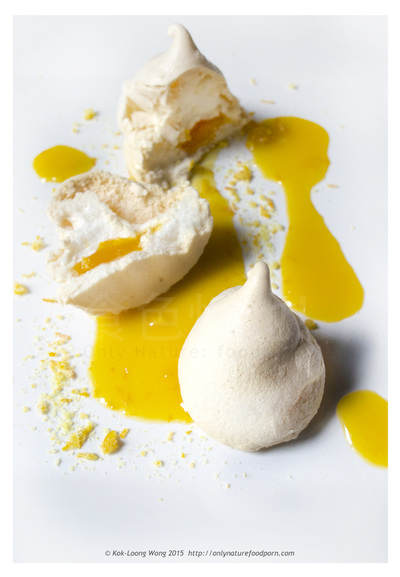
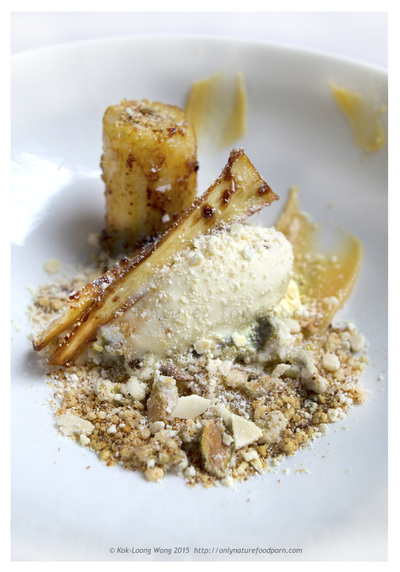
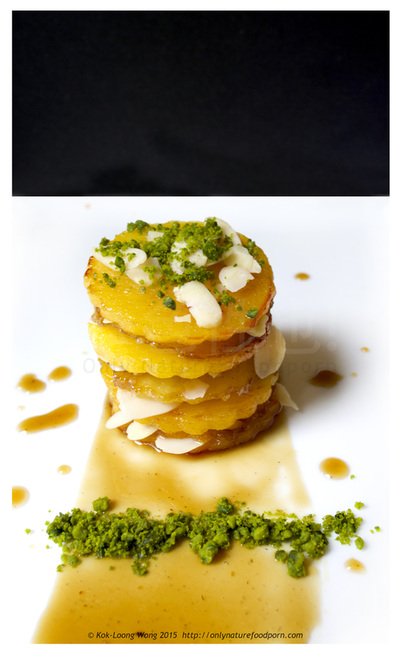
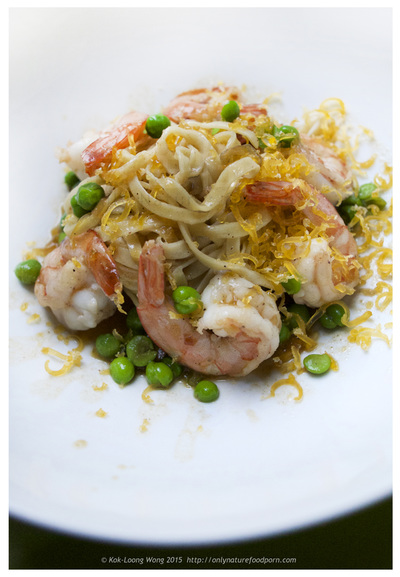
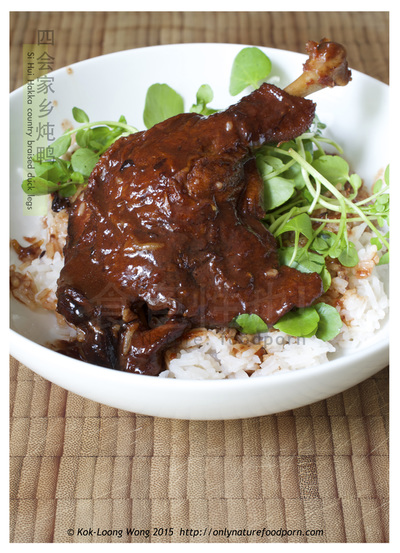
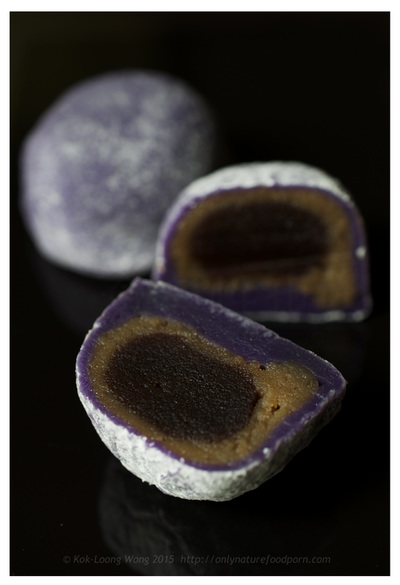
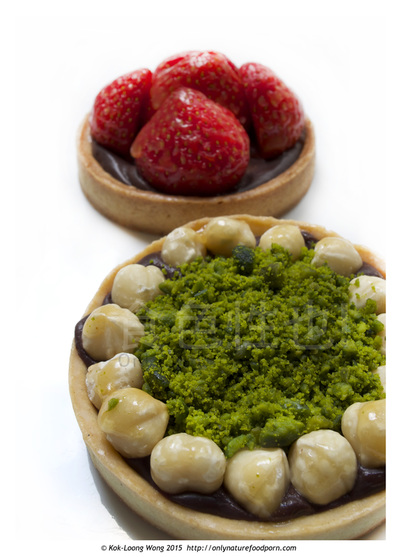
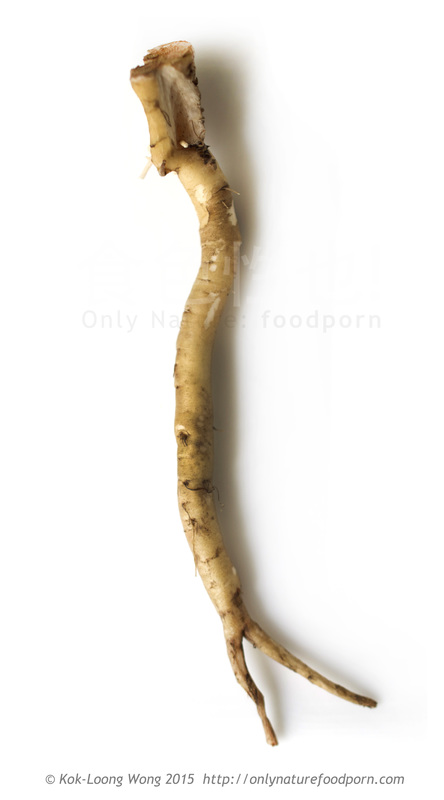
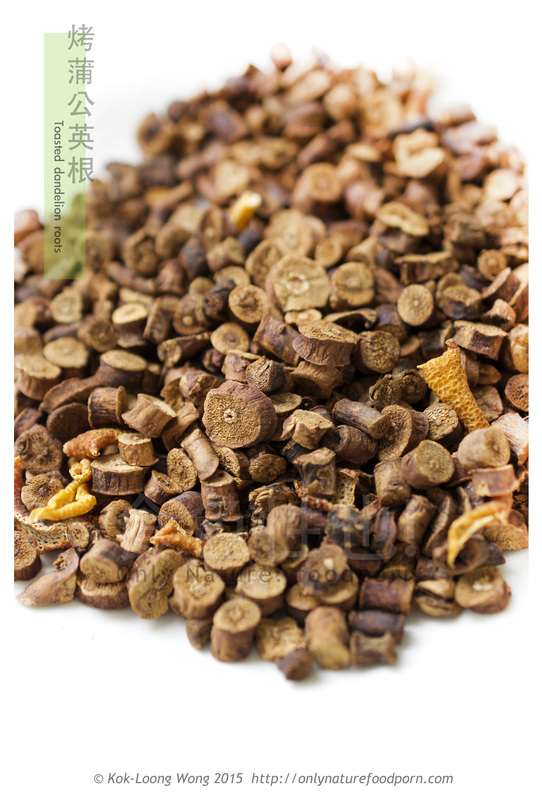
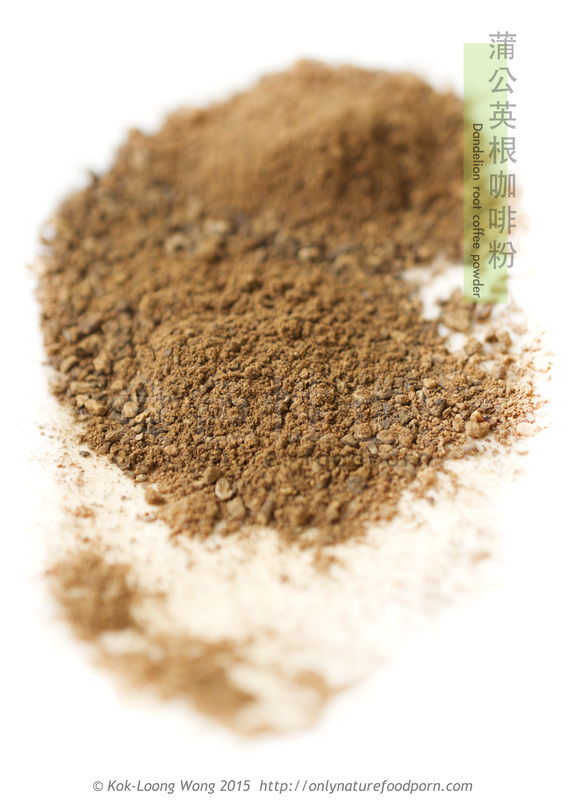
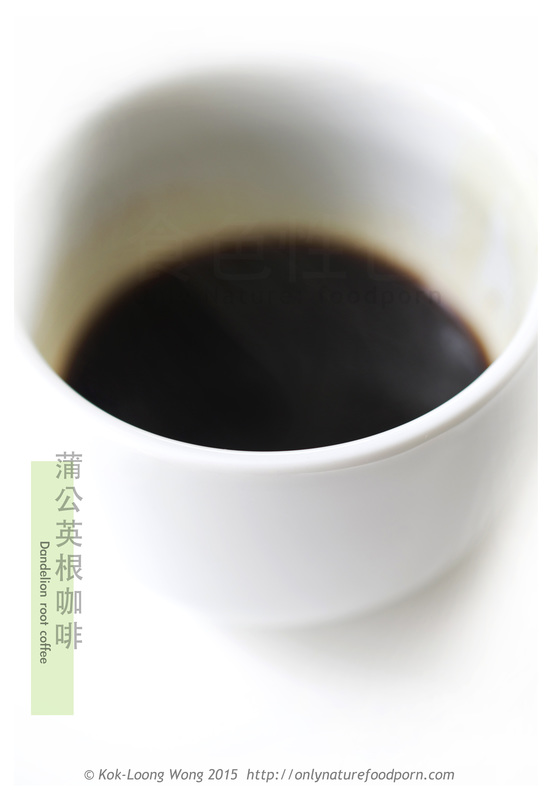
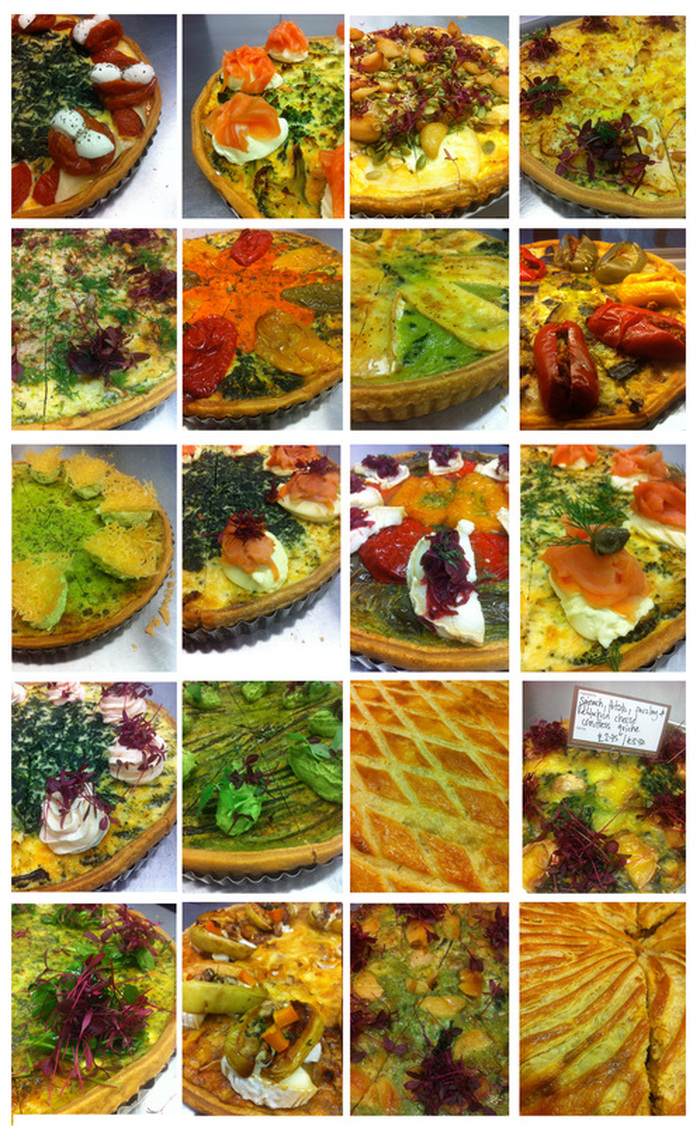
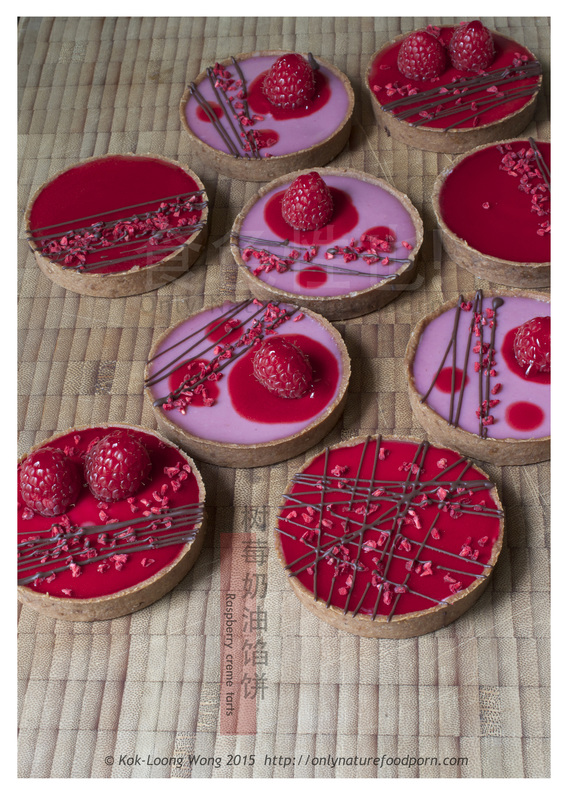
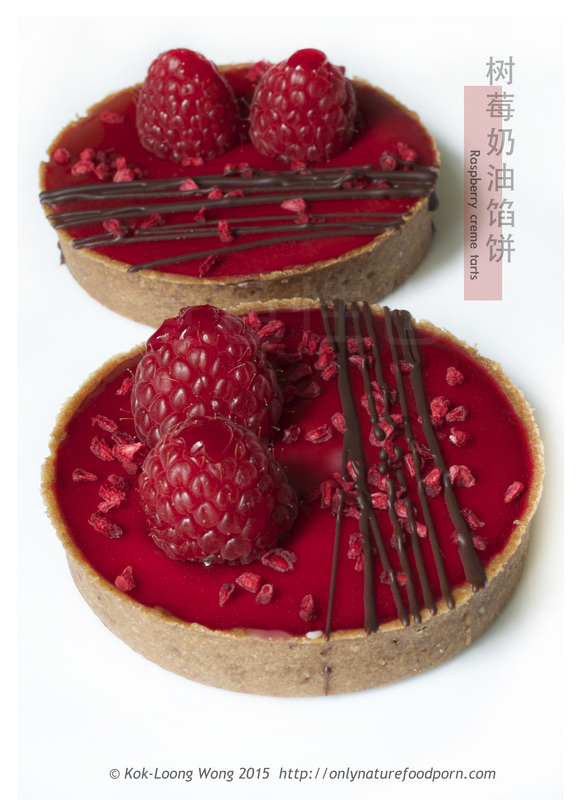
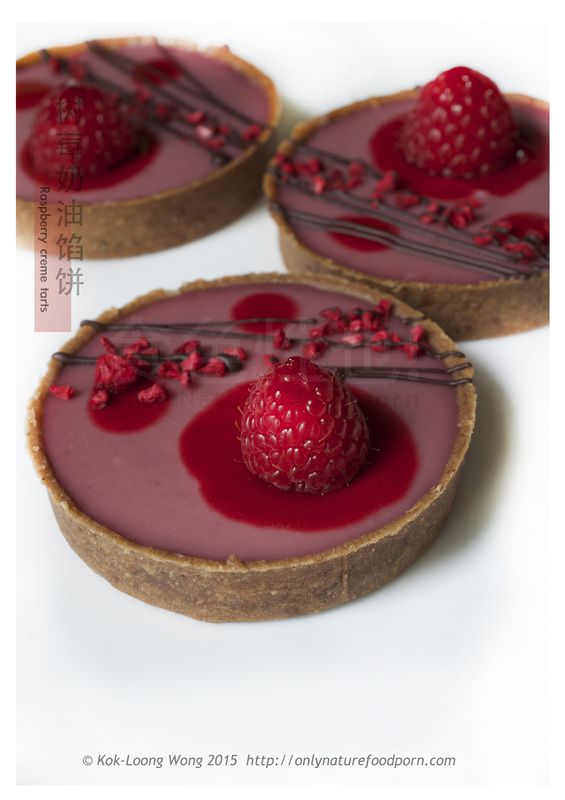
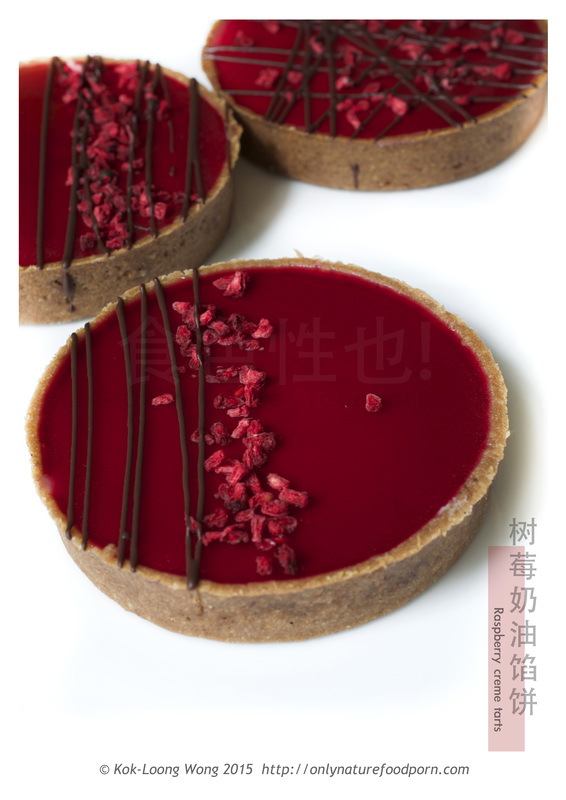
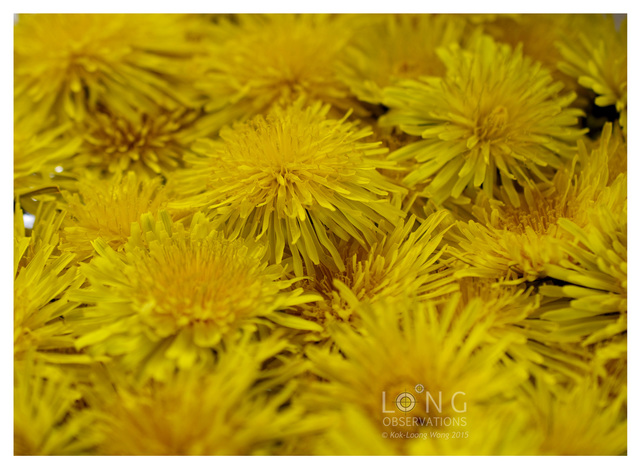
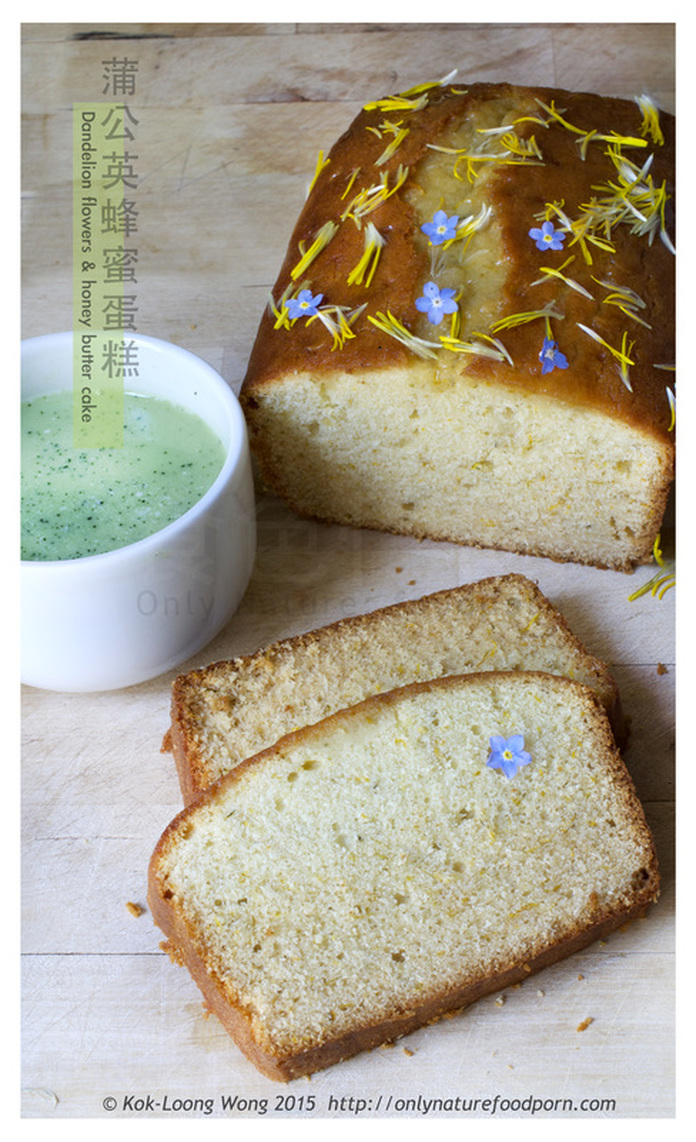
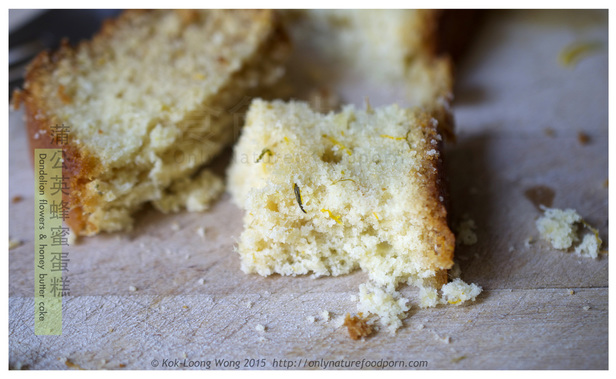
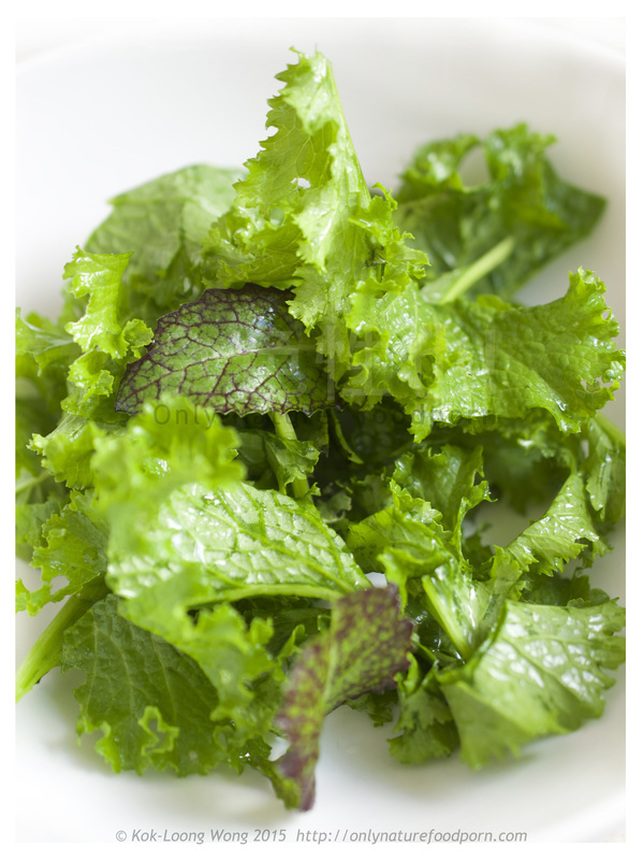
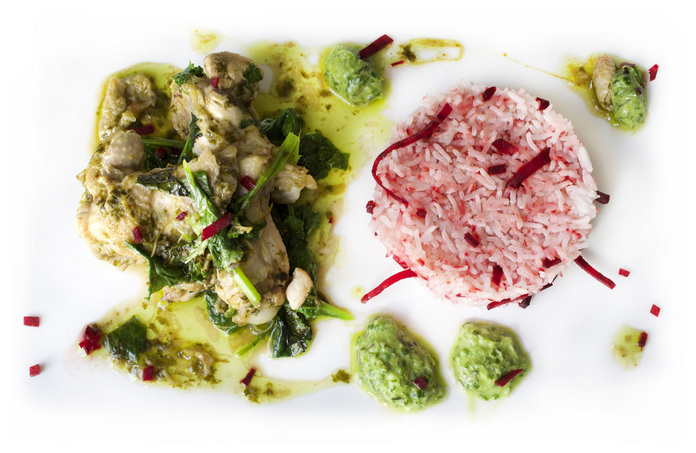
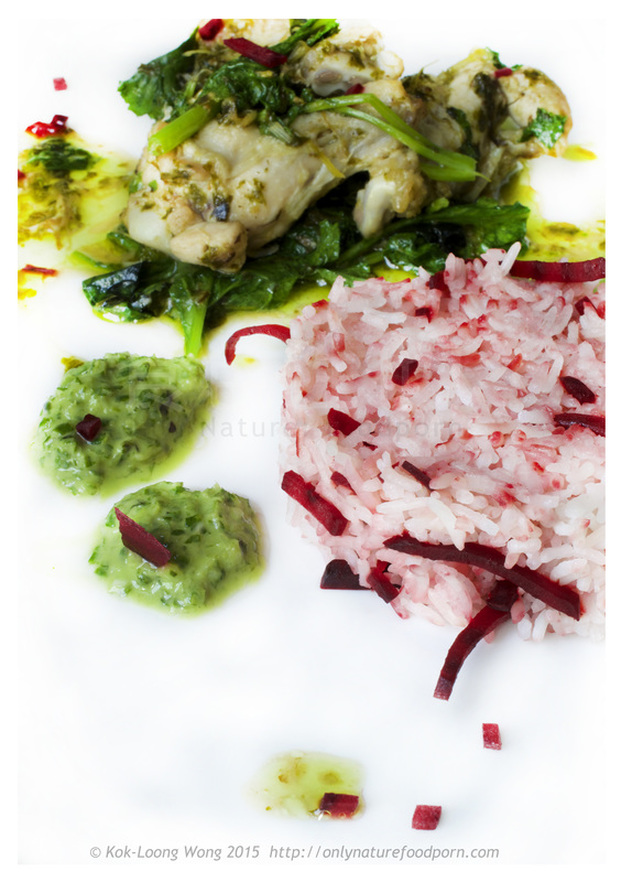
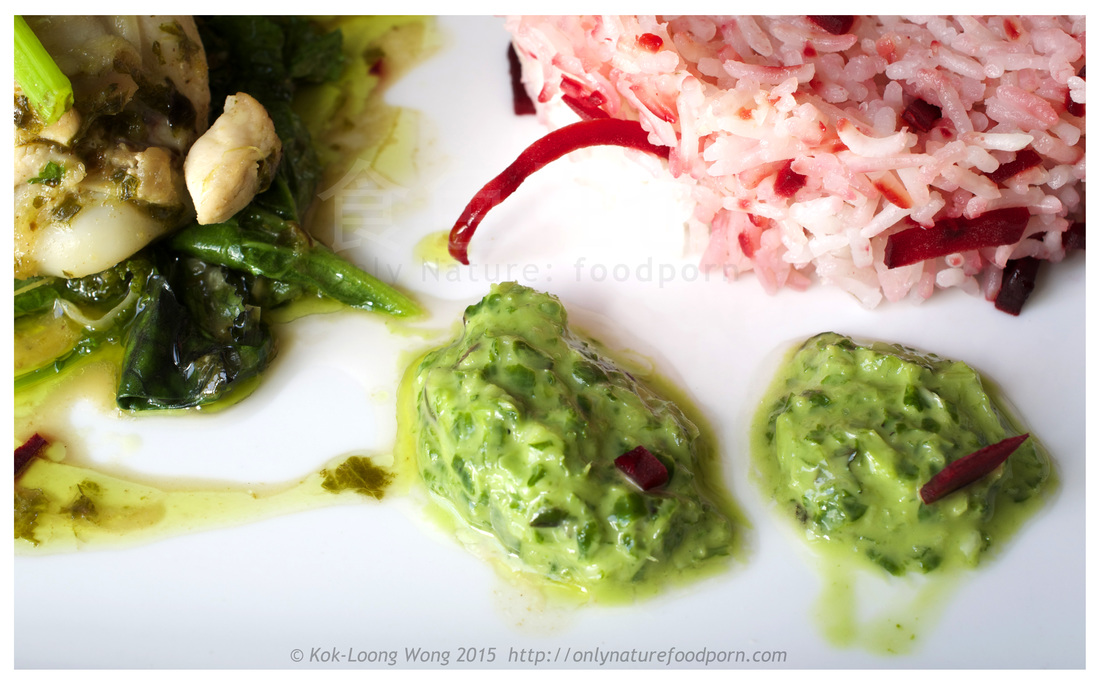
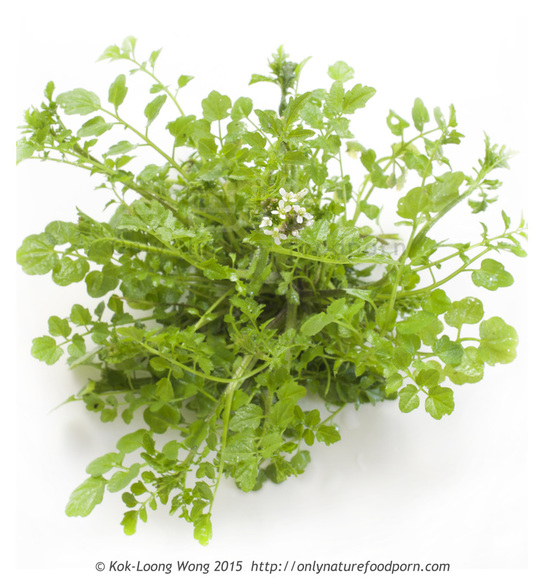
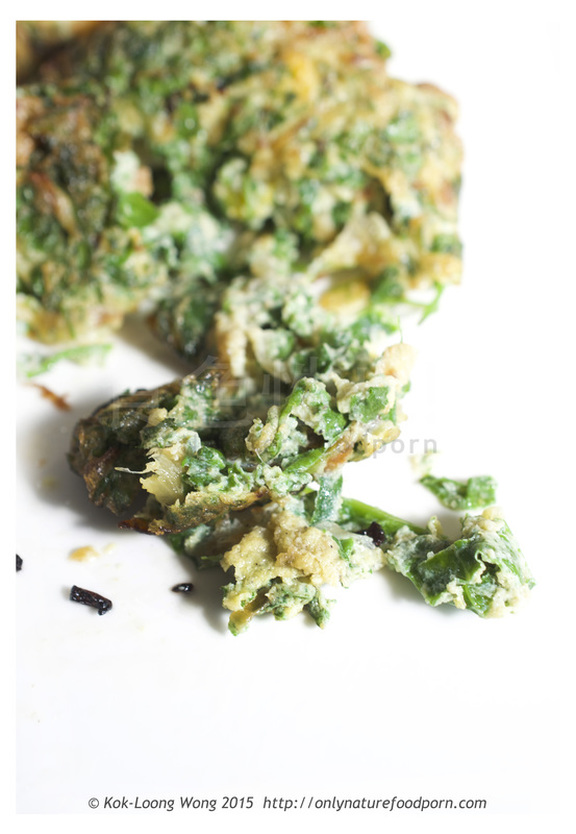
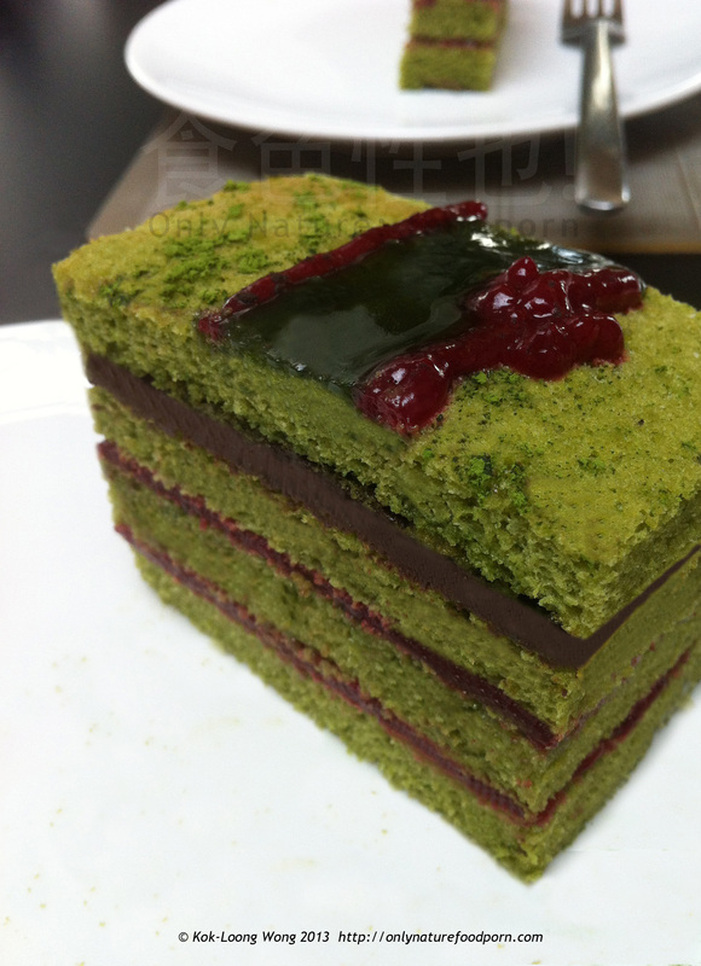
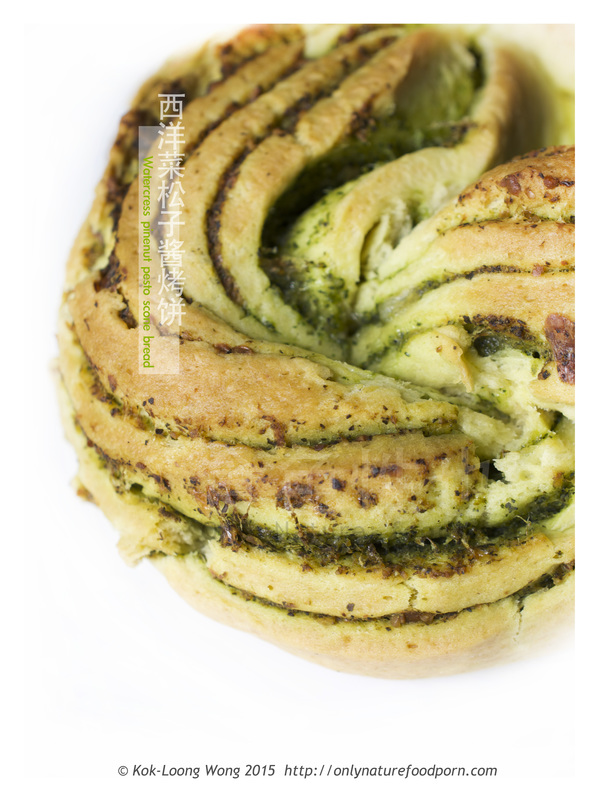
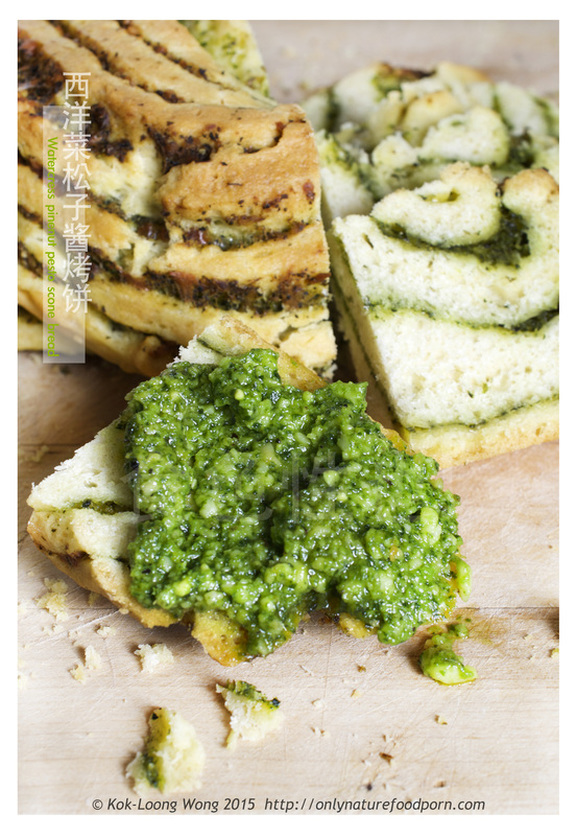
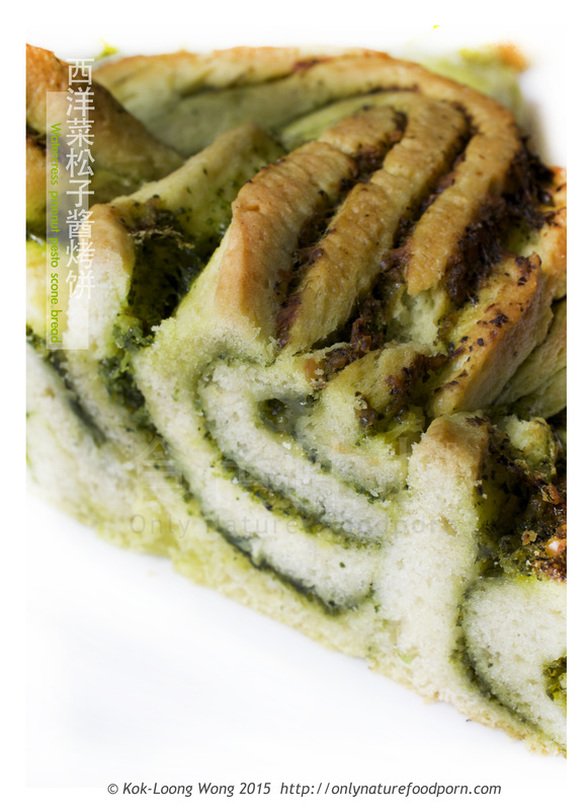
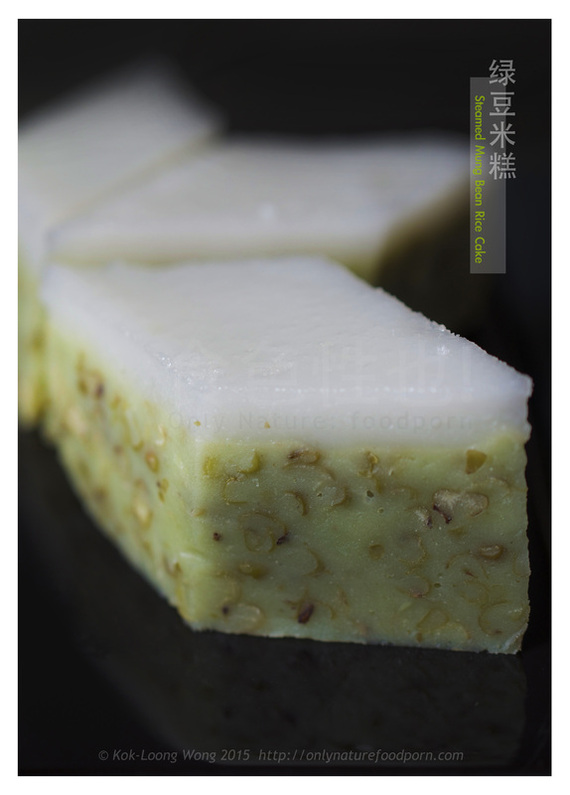
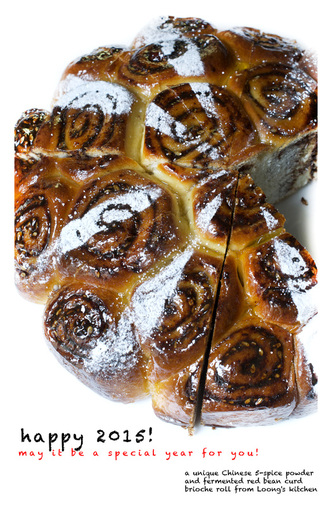
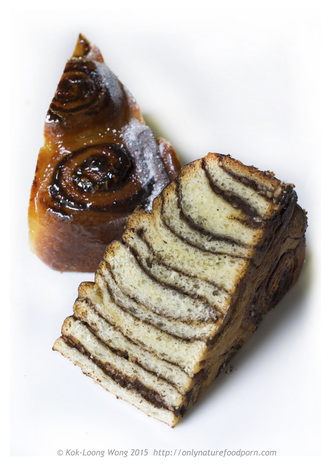
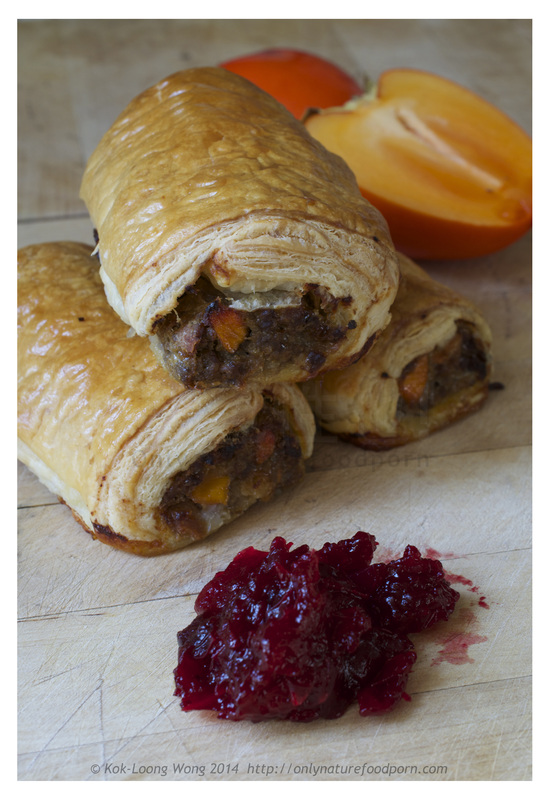

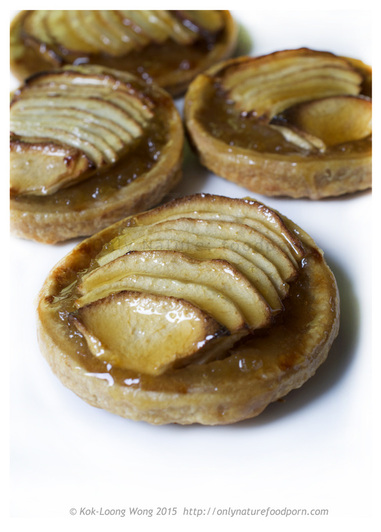
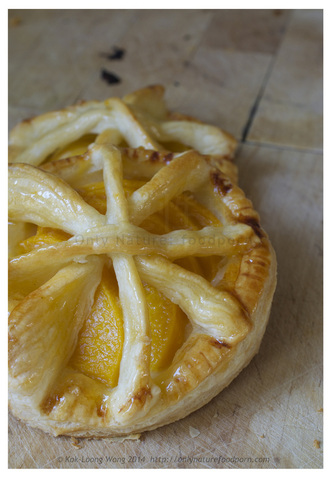
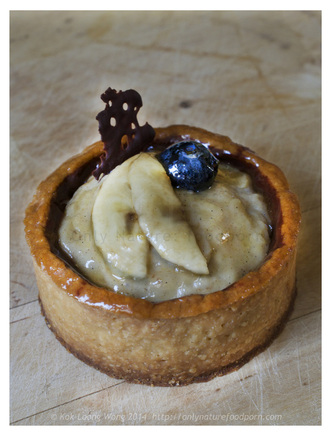

 RSS Feed
RSS Feed
